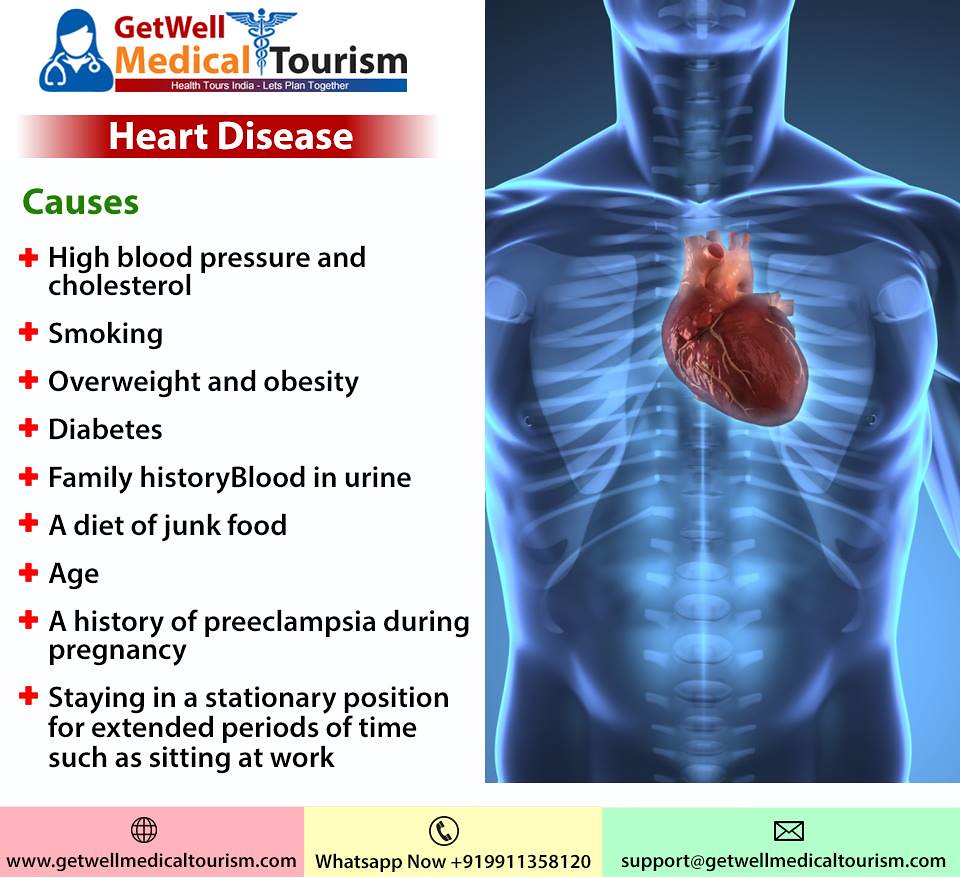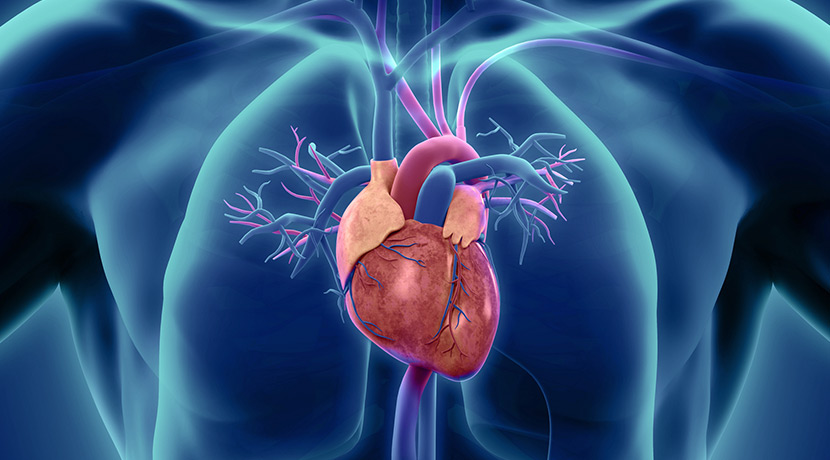
Many patients who have heart disease may be able to lower their risks with lifestyle changes, such as moderate exercise and quitting smoking. These treatments may also be accompanied by certain medications that lower cholesterol. The type of medication used will depend on the severity of your heart condition. For severe cases, invasive procedures like heart surgery may be necessary. However, there are many ways to reduce your risk of developing heart disease. Read on for some of the most common heart disease treatments.
The types of treatments for heart disease include prescription medications, lifestyle changes, and surgical interventions. Your healthcare provider will also consider other treatments, such as special procedures and implantable medical devices. For people with a weakened left ventricle, a procedure called a left ventricular assist device (LVAD) may be performed. Ultimately, a heart transplant will replace your diseased heart with a new, healthy one. But which one is right for you?
Surgery is a common treatment for heart disease. The surgeon will insert a thin, flexible catheter in the heart to bypass the obstructed artery. The stent then pushes aside the clot and releases a balloon, which then deflates, allowing blood to flow to the heart again. After the angioplasty, a mesh tube is placed in the blocked artery to reinforce the walls.
Angioplasty is another common treatment for heart disease. During this procedure, a thin, flexible catheter is threaded through the coronary artery and an inflatable balloon is inflated. This pushes aside the obstruction and allows blood to flow through. After angioplasty, a mesh tube is placed to reinforce the artery. The results of this procedure can be dramatic. Some patients are even able to recover completely after the procedure.
Angioplasty is a common treatment for heart disease. During this procedure, a doctor aims to improve the blood flow to the heart. In other cases, angioplasty may not be enough. The surgeon must find a way to bypass the heart artery. This can be an expensive procedure, so it is important to make sure you understand your options before undergoing the procedure. A stent will help open an artery in the coronary artery, and will not affect your heart’s overall functioning.

Treatment for cardiovascular disease includes angioplasty. In this procedure, a thin catheter is inserted through the coronary artery and an inflatable balloon is inflated. The balloon will push the blockage aside and allow blood to flow through the artery. This procedure is an effective way to treat cardiovascular diseases. This can be done in various places, including the heart. If a stent does not fit, a surgical procedure may be performed.
Surgical and medical procedures for heart disease are two common treatments. These treatments include medications and lifestyle changes. Surgical procedures are an option if your symptoms continue to get worse. Other procedures, such as placing a stent, may be used to restore blood flow to blocked arteries. They vary in length and complexity and are usually the last option for patients with heart disease. There are various risks associated with heart failure, so it is important to discuss them with your doctor and get more advice about treatment on the site iHealzy Thailand.
Surgical procedures for heart disease are very effective. Radiofrequency ablation, in which a needle is used to target specific parts of the heart, is a common procedure used to destroy damaged tissue in the heart. This procedure is a more effective and less invasive alternative to surgery and a more permanent solution. While invasive procedures are not the only possible treatment options, they can greatly improve your quality of life. In addition to surgical treatment, heart medications may be prescribed or taken by mouth.
Treatment of cardiovascular disease is often complex. You must be sure that you have complete information about your condition and your treatment plan. If you are experiencing a heart attack, be sure to ask your doctor any questions you have. Your doctor will be more than happy to answer your questions and you should be comfortable in your own body. You must be active in your treatment, so you must be fully informed. Your doctors will be able to answer all your questions.